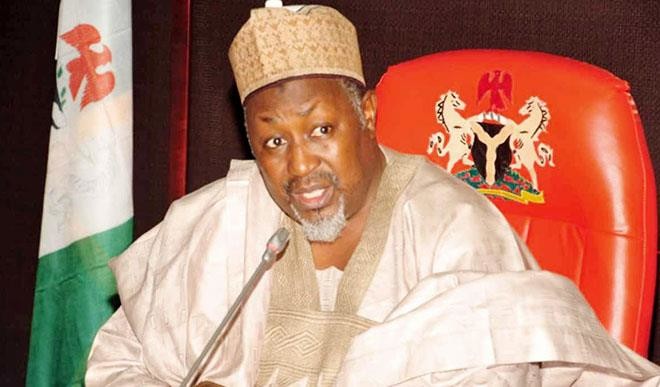Jigawa distributes 4,000 tons of grains to vulnerable families
Jigawa state government has distributed 4,000 tonnes of assorted grains to vulnerable families under its programme, food transfer for fight against hunger and starvation among the most vulnerable households. The Executive Secretary of State Rehabilitation Board, Alhaji Ibrahim Rabakaya, who made the disclosure, said government had spent N400m for the purchase and distribution of the […]

The Governor of Jigawa State, Muhammad Badaru Abubakar
Jigawa state government has distributed 4,000 tonnes of assorted grains to vulnerable families under its programme, food transfer for fight against hunger and starvation among the most vulnerable households.
The Executive Secretary of State Rehabilitation Board, Alhaji Ibrahim Rabakaya, who made the disclosure, said government had spent N400m for the purchase and distribution of the foodstuffs.
He said the programme covered all the 27 local governments of the state and the distribution was done based on polling units.
He pointed out that programme, that was started three years ago, was still run as a pilot scheme, assuring that as soon as it was perfected, it would be conducted twice or three times in a year.
Rabakaya expressed hope that as the economy of the state continues to improve, the programme would continue to be scaled up.
“In some parts of the world, the food transfer content was so rich to effectively cater for many vulnerable households.
“The state government carries out food transfer programme once in a year. Government distributes 4,000 metric tonnes of maize to vulnerable households during Ramadan fasting. It is our hope that government will improve the quantity of the food and distribution frequency to enable more people benefit from the gesture.
“State government spends N400m yearly for the purchase and distribution of foodstuffs under the programme. With an appreciable improvement in the budget of the board in 2019, it is hopeful the programme will be much better in years to come,” he said.
